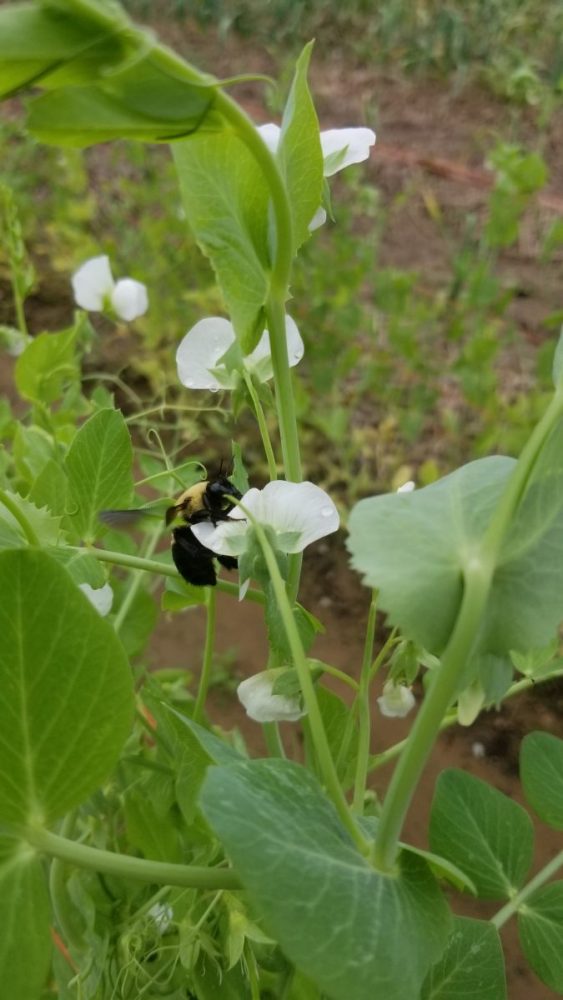By Dr. Mario Villarino, Texas AgriLife Extension Agent for Natural Resources and Agriculture, Hopkins County, [email protected]
Some people might think you are just lazy, and some others might even call you crazy, but there are ways for you to help promote pollinators in your community. During the process, it will be helpful for you to remember why (both for you and those around you): without pollinators (bees, wasps, butterflies, etc.) plants (including vegetables) cannot produce fruit. From strawberries, tomato, cucumbers and watermelons all require successful pollination for them to bear fruit. It’s the work of many small insects visiting those flowers that make it all happen.

According to Texas AgriLife Extension, there are several ways to help pollinators, such as planting pollinator-friendly gardens, mowing a little less often, using fewer pesticides and supporting research at the university level. If interested in pollinator gardens, consider purchasing seed mixes that are native to the area and come with a plethora of flowers that will bloom year-round.
Although managed bees can receive supplemental food, wild bees rely solely on pollinator-friendly flowers. Often when purchasing plants, specific flowers and mixes will be labeled as pollinator-friendly and will be much preferred and beneficial to the pollinators themselves.

You’ll want to provide big patches of similar flower options, so they can feed more pollinators. Dr. Juliana Rangel, Honey bee lab director at Texas A&M said. “Offer plant diversity too. Different pollens have different types of amino acids and proteins for a diverse diet and proper nutrition.”
She also advises homeowners to consider not mowing as often and avoid using weed killers. The small flowers that pop up in yards, which are often considered weeds to homeowners, are actually good bee forage.
“If pesticides are unavoidable, be aware of your surroundings as much as possible,” she said. “Communicate with your neighbors and let them know you will be spraying, so they can protect their hives, if they have them, as much as possible.”
For more information on this or any other agricultural topic please contact the Hopkins County Extension Office at 903-885-3443 or email me at [email protected].





